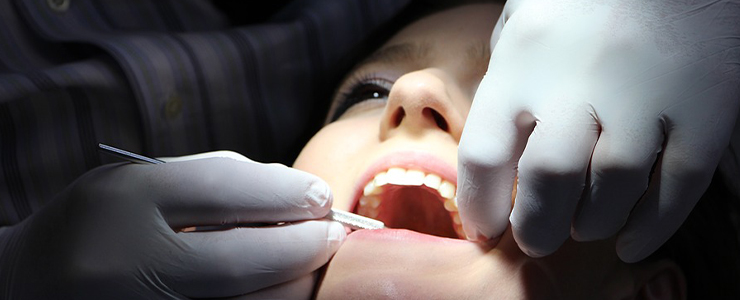Serious health implications associated with gum disease
Evidence from research undertaken by two independent medical studies has indicated links between gum disease and two serious health complaints.
Gum disease is well known for its immediate issues; it causes swollen, bleeding gums, bad breath and long-term problems for your teeth. It is surprisingly common, with around 90% of people in the UK suffering with some form of gum disease on one or more occasion in their lives, and around 45% of the population experiencing gum disease at any one time. Worryingly, the recent findings suggest that bacteria associated with gum disease is linked both to Alzheimer’s disease and, for some women, the onset of early labour.
Links between gum disease and Alzheimer’s
Scientists have discovered that bacteria present in the mouth of gum disease suffers can actually travel through the body and enter the brain. The study, which examined the brain cells of 53 adult Alzheimer’s patients, found that a massive 96% of them had this type of bacteria present in the brain.
Encouragingly, there is evidence to suggest that there is a drug which can block the migration of the dangerous bacteria to the brain. Although preliminary testing has been done on mice, not humans, results have been extremely positive, and it is hoped that similar results for humans will follow.
Nevertheless, it is always better to prevent rather than cure and keep gum disease at bay.
Links between gum disease and premature labour
The other recent study which has discovered a link with gum disease was one which evaluated pregnant women whose waters broke early. Almost half of women who went into labour before the 37th week of pregnancy (which is when they are considered ‘full term’) were found to have gum disease.
Gum disease creates plaque, which generates bacteria. It was discovered that this type of bacteria could travel through the bloodstream and enter the placenta, causing inflammation. The implication of the inflammation was that it caused the amniotic sac that contains the unborn baby to break too soon, hence causing labour to begin before the body is naturally ready for the baby to be born.
How to avoid gum disease
The good news is that maintaining a good standard of oral hygiene is one of the most effective ways of avoiding gum disease. Brushing your teeth twice a day for around two minutes per brush and flossing regularly are recommended as part of this routine, as are avoiding food and drink that can cause a build-up of plaque and damage to tooth enamel.
Better standards of oral hygiene are easy to achieve and if this has the added benefit of reducing the risk of developing serious medical conditions, then it is a small price to pay for the peace of mind that you are doing your best to minimise risk.
If you want to know more about preventing gum disease or are concerned that you may have symptoms already, get in touch with the team here at CK Dental who will be happy to talk to you and assess whether or not you need treatment.











